Dole plans Philippine expansion
- BusinessWorld
- 19 July 2021
Dole Sunshine Co, which grows pineapples and other produce across more than 30,000 hectares of farmland in the Philippines, says it plans to increase its farm production area in the country

Dole Sunshine Co, which grows pineapples and other produce across more than 30,000 hectares of farmland in the Philippines, says it plans to increase its farm production area in the country
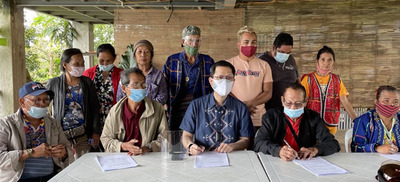
AgriNurture Inc has secured a partnership with Unified Bagobo-Tagabawa Tribe to plant rice and corn in up to 38,000 hectares of ancestral lands in Davao, the Philippines
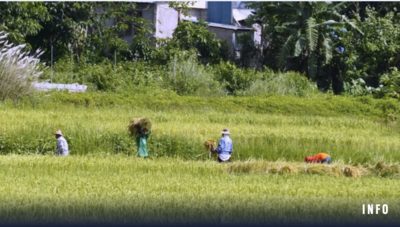
Finance Secretary Carlos Dominguez had advised lawmakers against allowing foreign ownership of land, an 'emotional' issue for Filipinos
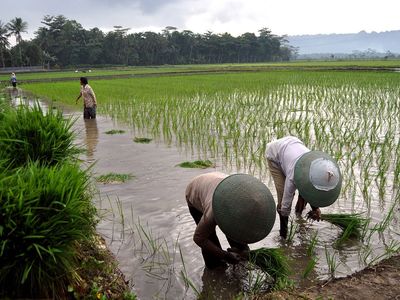
The pandemic has opened an opportunity for activities such as illegal logging and land grabs across Asia-Pacific because of less oversight and accountability.
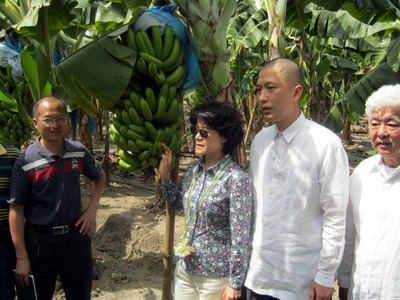
The "BigMa" rice-corn blending initiative of listed firm AgriNurture, Inc. and groups of indigenous peoples in Mindanao will devote vast tracts of idle land for planting white corn as an alternative to reduce dependence on imported rice.

Eastern Petroleum Group of Companies is planning to develop an initial 50,000-hectare palm oil plantation in Northeastern Mindanao or the Caraga region of the Philippines this year.
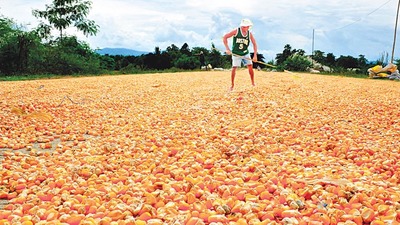
Agrinurture Inc. is in talks with the Department of Justice through the Bureau of Corrections over the development of about 2,000 hectares of property into an integrated agri-tourism corn plantation in Palawan, Philippines.
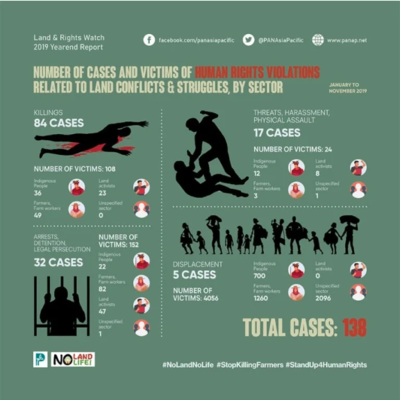
The Philippines, Brazil and Colombia ranked as the deadliest countries for farmers, farm workers, indigenous people and land rights activists.
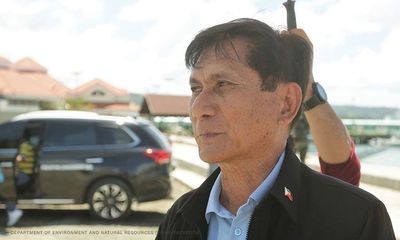
An indigenous people's group on Friday filed a case against Environment Secretary Roy Cimatu for neglect of duty, saying he did not block the "illegal" operation of a coffee plantation in ancestral land.
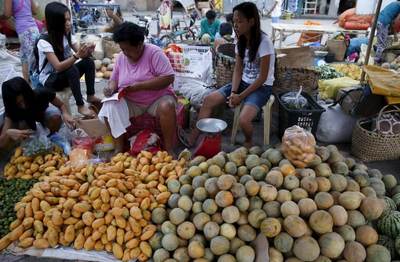
Palm oil plantations in Indonesia and commercial fruit orchards in the Philippines have uprooted indigenous people and rural communities from their land, despite laws put in place to protect them, human rights groups said.
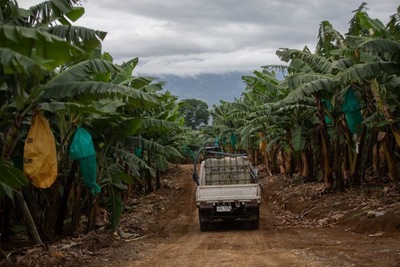
Agribusiness—especially soy, sugar, palm oil, and beef production—was the second deadliest sector for people standing up for the environment and their lands.

The Peoples Coalition on Food Sovereignty demands the members of the Asian Infrastructure and Investment Bank stop funding projects, especially China’s Belt and Road Initiative, that result in landgrabbing.

|
CAR offers land ownership using cryptocurrency
|